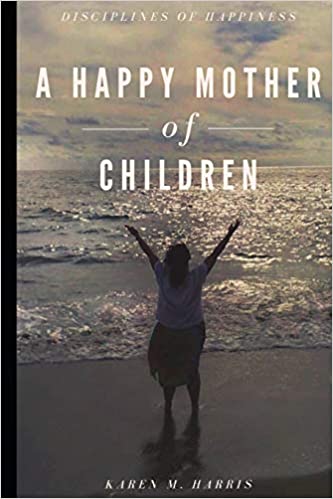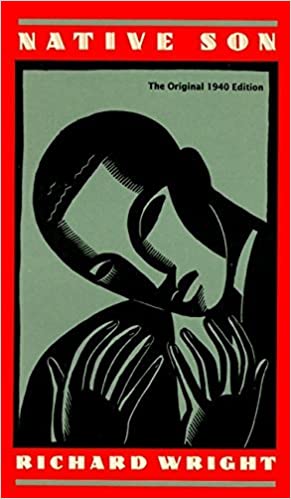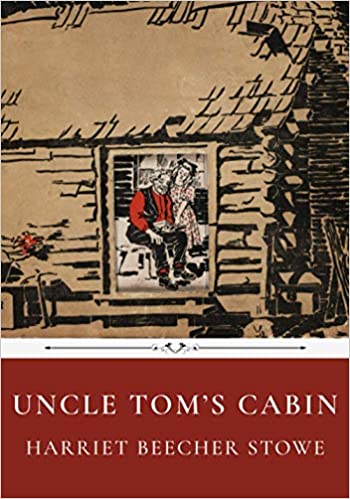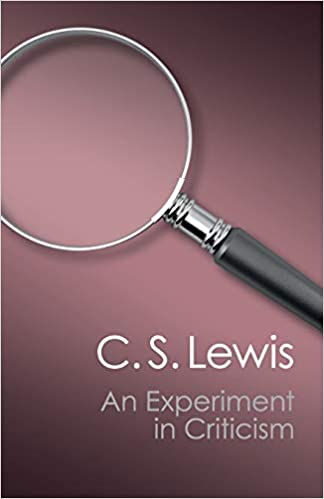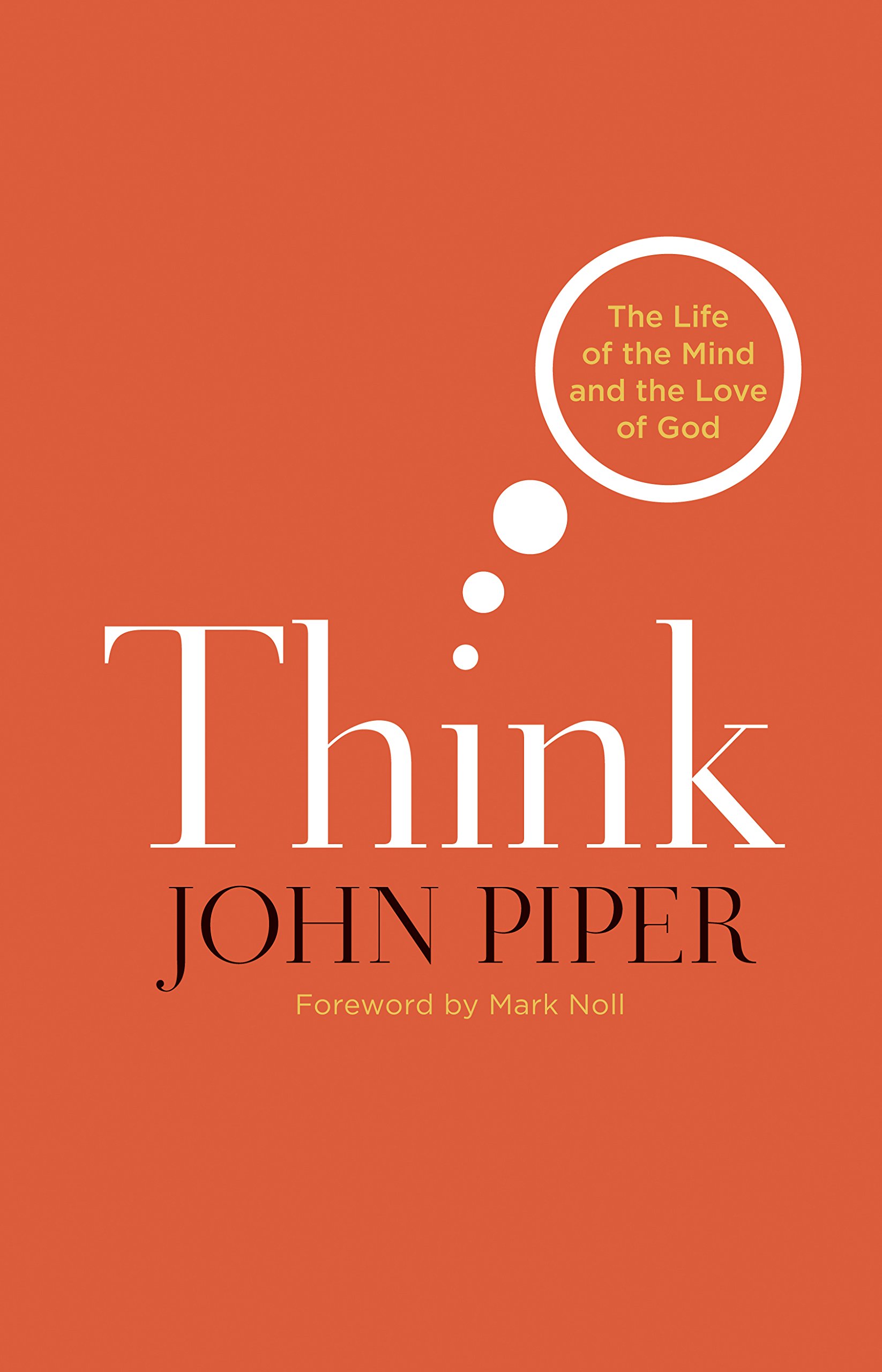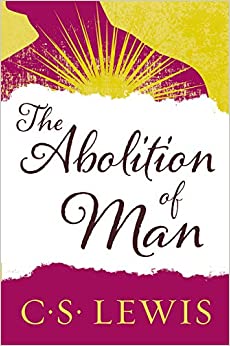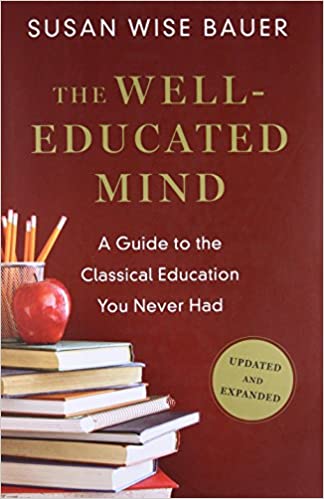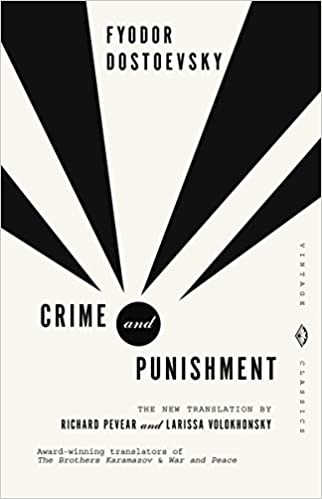A Happy Mother of Children: Disciplines of Happiness
From Amazon:
“... I cannot ever imagine smiling again. I am cold, hard, and angry inside.”
Have you ever felt like that? Have you ever wrestled with how to enjoy your family? Do you ever wonder how you can be a Christian, but not be able to walk out Biblical principles in your day-to-day life? Is anger and frustration a daily part of your life? This book is the work of years of wrestling through how to live in the realities of the Bible in such a way that they affect your interactions with your family. The principles have been used successfully in Bible studies and in counseling situations. The chapters are broken down into small sections with real-life application questions to help you solidify the teaching. Biblical passages and principles are the basis for all that is explained and many examples are gives to clarify the principles. The God of the Scriptures calls us to live in joy before Him. This book helps you to learn to do just that.
Moby Dick
From Amazon: "Moby Dick is the story of Captain Ahab's quest to avenge the whale that 'reaped' his leg. The quest is an obsession and the novel is a diabolical study of how a man becomes a fanatic. But it is also a hymn to democracy. Bent as the crew is on Ahab s appalling crusade, it is equally the image of a co-operative community at work: all hands dependent on all hands, each individual responsible for the security of each. Among the crew is Ishmael, the novel's narrator, ordinary sailor, and extraordinary reader. Digressive, allusive, vulgar, transcendent, the story Ishmael tells is above all an education: in the practice of whaling, in the art of writing."
More info →Native Son
From Amazon: "
Right from the start, Bigger Thomas had been headed for jail. It could have been for assault or petty larceny; by chance, it was for murder and rape. Native Son tells the story of this young black man caught in a downward spiral after he kills a young white woman in a brief moment of panic.
Set in Chicago in the 1930s, Richard Wright's powerful novel is an unsparing reflection on the poverty and feelings of hopelessness experienced by people in inner cities across the country and of what it means to be black in America."
More info →Uncle Tom’s Cabin
From Amazon: "
Uncle Tom's Cabin; or, Life Among the Lowly, is an anti-slavery novel by American author Harriet Beecher Stowe. Published in 1852, the novel had a profound effect on attitudes toward African Americans and slavery in the U.S. and is said to have "helped lay the groundwork for the Civil War".
Stowe, an active abolitionist, featured the character of Uncle Tom, a long-suffering black slave around whom the stories of other characters revolve. The sentimental novel depicts the reality of slavery while also asserting that Christian love can overcome something as destructive as enslavement of fellow human beings.
It is credited with helping fuel the abolitionist cause in the 1850s. The impact attributed to the book is great, reinforced by a story that when Abraham Lincoln met Stowe at the start of the Civil War, Lincoln declared, "So this is the little lady who started this great war." "
More info →The Histories
From Amazon: "Cicero called Herodotus "the father of history," and his only work, The Histories, is considered the first true piece of historical writing in Western literature. With lucid prose, Herodotus's account of the rise of the Persian Empire and its dramatic war with the Greek city sates set a standard for narrative nonfiction that continues to this day. Illustrated, annotated, and filled with maps—with an introduction by Rosalind Thomas, twenty-one appendices written by scholars at the top of their fields, and a new translation by Andrea L. Purvis—The Landmark Herodotus is a stunning edition of the greatest classical work of history ever written."
More info →An Experiment in Criticism
Why do we read literature and how do we judge it? C. S. Lewis's classic An Experiment in Criticism springs from the conviction that literature exists for the joy of the reader and that books should be judged by the kind of reading they invite. He argues that "good reading," like moral action or religious experience, involves surrender to the work in hand and a process of entering fully into the opinions of others: "in reading great literature I become a thousand men and yet remain myself." Crucial to his notion of judging literature is a commitment to laying aside expectations and values extraneous to the work, in order to approach it with an open mind. Amid the complex welter of current critical theories, C. S. Lewis's wisdom is valuably down-to-earth, refreshing and stimulating in the questions it raises about the experience of reading.
More info →Think: The Life of the Mind and the Love of God
From Amazon: We often pit thinking and feeling against each other, especially when it comes to the Christian experience. Glorifying God with our minds and hearts, however, is not either-or, but both-and. Focusing on the life of the mind will enable you to know God better, love him more, and care for the world. This book will help you think about thinking, and about how the heart and mind glorify God together.
More info →The Abolition of Man
From Amazon: "In the classic The Abolition of Man, C.S. Lewis, the most important Christian writer of the 20th century, sets out to persuade his audience of the importance and relevance of universal values such as courage and honor in contemporary society. Both astonishing and prophetic, The Abolition of Man is one of the most debated of Lewis's extraordinary works. National Review chose it as number seven on their 100 Best Nonfiction Books of the Twentieth Century."
More info →Don Quixote
From Amazon: "Complete and unabridged, Don Quixote is the epic tale of the man from La Mancha and his faithful squire, Sancho Panza. Their picaresque adventures in the world of seventeenth-century Spain form the basis of one of the great treasures of Western literature.
In a new translation that “comes closest, among the modern translations, to the simple, intimate, direct style that characterizes Cervantes’ narrative,”* Don Quixote is a novel that is both immortal satire of an outdated chivalric code and a biting portrayal of an age in which nobility was a form of madness."
More info →History of the Peloponnesian War
From Amazon:
Thucydides called his account of two decades of war between Athens and Sparta “a possssion for all time,” and indeed it is the first and still most famous work in the Western historical tradition. Considered essential reading for generals, statesmen, and liberally educated citizens for more than 2,000 years, The Peloponnesian War is a mine of military, moral, political, and philosophical wisdom.
More info →The Well-Educated Mind: A Guide to the Classical Education You Never Had
The enduring and engaging guide to educating yourself in the classical tradition.
Have you lost the art of reading for pleasure? Are there books you know you should read but haven’t because they seem too daunting? In The Well-Educated Mind, Susan Wise Bauer provides a welcome and encouraging antidote to the distractions of our age, electronic and otherwise.
Newly expanded and updated to include standout works from the twenty-first century as well as essential readings in science (from the earliest works of Hippocrates to the discovery of the asteroid that killed the dinosaurs), The Well-Educated Mind offers brief, entertaining histories of six literary genres―fiction, autobiography, history, drama, poetry, and science―accompanied by detailed instructions on how to read each type. The annotated lists at the end of each chapter―ranging from Cervantes to Cormac McCarthy, Herodotus to Laurel Thatcher Ulrich, Aristotle to Stephen Hawking―preview recommended reading and encourage readers to make vital connections between ancient traditions and contemporary writing.
The Well-Educated Mind reassures those readers who worry that they read too slowly or with below-average comprehension. If you can understand a daily newspaper, there’s no reason you can’t read and enjoy Shakespeare’s sonnets or Jane Eyre. But no one should attempt to read the “Great Books” without a guide and a plan. Bauer will show you how to allocate time to reading on a regular basis; how to master difficult arguments; how to make personal and literary judgments about what you read; how to appreciate the resonant links among texts within a genre―what does Anna Karenina owe to Madame Bovary?―and also between genres.
More info →
